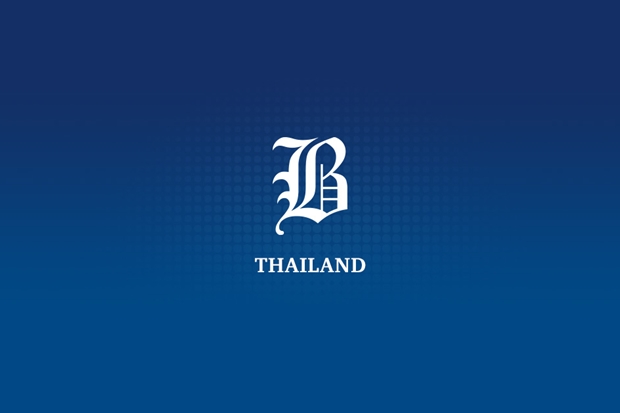
The government was yesterday quick to defend a suggestion by Prime Minister Prayut Chan-o-cha that transistor radios may be the best way of keeping people informed during major flood incidents after the idea drew flak on TV and social media.
Gen Prayut made the comment during a teleconference on Monday with provincial governors and state agencies on ways of tackling flood problems.
He said if electricity and telephone communications went down it would be difficult for the government to provide information to keep people informed.
In that situation, it might be necessary for them to get their information via transistor radios — as happened during the massive flood in 2011 whenever there was a power cut.
It was not clear how the remark was leaked, but it drew dismissive responses from the public, with critics saying such radios were obsolete.
Prominent lawyer Paisal Puechmongkol wrote on Facebook that the idea was not plausible. “When I was a child, I liked transistor radios. But now, I wouldn’t even know where to buy one,” he wrote.
Government spokesman Anucha Burapachaisri said the radio and television broadcasting policy office of the National Broadcasting and Telecommunication Commission and the Thammasat Institute of Area Studies recently surveyed 3,655 radio listeners.
Some 68.9% said they listened to programmes using home, pocket and car radios, and the rest listened on their smartphones or desktop, laptop or notebook computers.
About 96% listened on FM frequencies, while figures by data analytics firm Nielsen (Thailand) showed that as of August, the number of radio listeners among Gen Xers (40-59-year-olds) was about 3.5 million, with 3.3 million listeners in the Gen Y (20-29 years) group. Nearly 2 million baby boomers (60-71) listened regularly to the radio as did about 800,000 from the Gen Z demographic (12-19).
”These figures confirm that radio is still popular among people of all generations,” Mr Anucha said.

